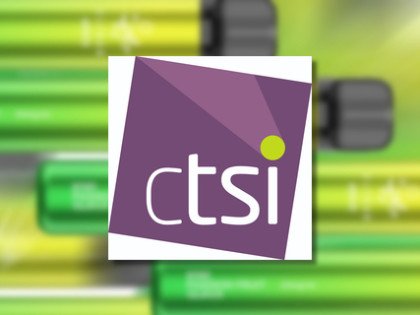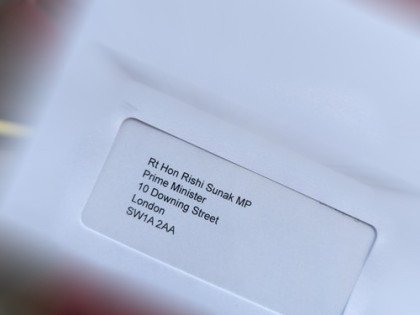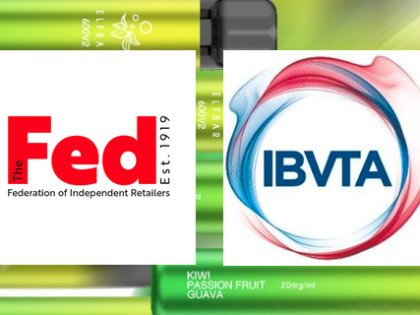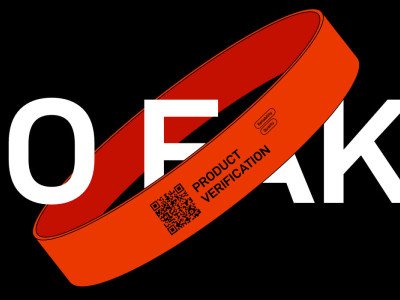The Gothamist blog, based in New York, has a history of publishing anti-ecig features. “The e-cig industry's PR denial machine is already running full tilt,” it pronounces without explaining exactly what it is that the ecig industry is denying...or what and who this supposed PR machine is. The obdurate stance taken by those castigating the electronic alternative to smoking resolutely refuse to accept that just because it looks like smoking it doesn’t mean it is the same or run by tobacco companies.
Use the traditional forms, they cry. Use the drugs that are tried and tested to work, they plead. Except they don’t. The frequently panned pharma poison varenicline (Champix/Chantix) has just received a kicking from University of California at San Diego Health (UCSD). A long-standing history (and denial) of being linked with depression and suicides has hung over the drug like the fug over a public toilet – but now the UCSD state: “The introduction of ... varenicline ... has had no significant impact on the rate at which Americans age 18 and older successfully quit smoking.”
“We had hoped the new pharmacotherapy would help more people quit, but this is not what is happening. Instead, varenicline is replacing other options like the patch, without having any significant population-level impact on quitting success,” said Shu-Hong Zhu, director of Centre for Research and Intervention in Tobacco Control at UC San Diego.
Will this cause the likes of the American Cancer Society to shift its position? Traditionally pro-NRT, its stance on vaping has relaxed somewhat but they still haven’t had the courage to admit what 3,000+ comments on one Facebook status recently explained: ecigs work – varenicline doesn’t. How long can they exist in a bubble and ignore the statements being made by leading bodies on this side of the Atlantic?
Noises coming from the States carry reluctance on the part of the FDA to embrace common sense fully either. The desire to limit flavours in the belief that this will dissuade youths from trying vaping is devoid of reason. Given that the flavours are the main reason ecigs are so successful at attracting smokers and keeping them ex-smokers, destroying the allure by only allowing a range of bland and uninteresting mixes from large companies is the triumph of anecdote over evidence.
No wonder then that the industry remains nervous, not least because the agency itself “estimates that the pre-market application process will cost the e-cigarette industry between $6.67 million to $26.68 million in the first 24 months.”
“It’s essentially a death sentence for industry,” said Jan Verleur, co-founder and CEO of VMR Products. But then, some might ask, who is going to benefit from that?
Dave Cross
Journalist at POTVDave is a freelance writer; with articles on music, motorbikes, football, pop-science, vaping and tobacco harm reduction in Sounds, Melody Maker, UBG, AWoL, Bike, When Saturday Comes, Vape News Magazine, and syndicated across the Johnston Press group. He was published in an anthology of “Greatest Football Writing”, but still believes this was a mistake. Dave contributes sketches to comedy shows and used to co-host a radio sketch show. He’s worked with numerous start-ups to develop content for their websites.
Join the discussion
Trading Standards Welcomes Clarity
The Chartered Trading Standards Institute says it welcomes the “clarity and action from government to tackle youth vaping” with the plan to ban disposable vapes and related announcements
UKVIA Writes To Sunak
The UKVIA has sent a letter to Prime Minister Rishi Sunak to 'express profound dismay and disappointment' that the government has decided to proceed with a ban on disposable vapes
ASH UK’s Coordinated Comment
Action on Smoking and Health has coordinated a series of responses to the Governments proposals to include interested parties
The Fed and IBVTA Reactions
The Federation of Independent Retailers and the Independent British Vape Trade Association have been providing reaction to the Government’s ban plan







-listing400.jpg)



